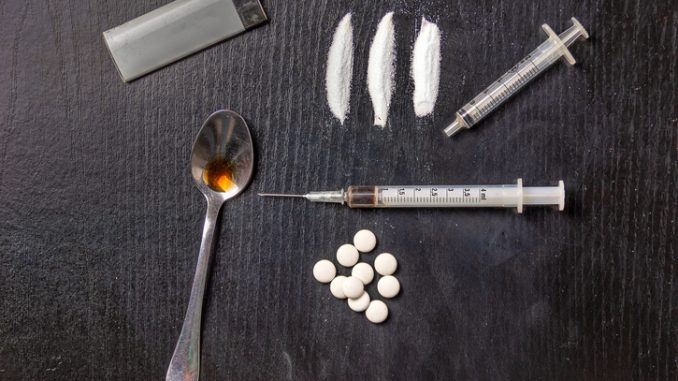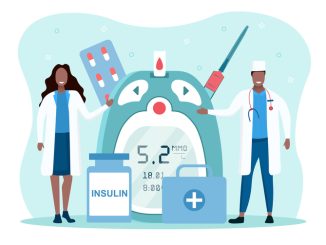
As reported on Wired.gov, amid a sharp rise in deaths linked to synthetic opioids, the UK government has unveiled new guidance to help local communities strengthen their frontline defences against these dangerously potent drugs
Local authorities, police, and health services across England are being armed with new guidance to help them better prepare for the growing threat of dangerous synthetic opioids, under plans announced by the Home Office.
In response to a sharp rise in synthetic opioid-related deaths – over 450 in the past two years – the government has issued 12 key recommendations to strengthen local responses and save lives. These potent substances, often mixed with heroin or hidden in counterfeit painkillers and sedatives, are becoming increasingly common in the UK’s illegal drug market.
The new advice aims to make streets safer by boosting frontline readiness. It includes ensuring that police officers are trained and confident in administering naloxone, the emergency drug used to reverse opioid overdoses.
Under the government’s Plan for Change, the guidance encourages local agencies to:
Provide round-the-clock resources to respond to incidents;
Share data between coroners, police, and health services;
Enable rapid drug testing when synthetic opioids are suspected;
Improve monitoring of all at-risk groups, beyond just opioid users;
Ensure naloxone stocks are sufficient and easily accessible.
The recommendations follow a multi-agency simulation exercise held in November last year, coordinated by the Joint Combating Drugs Unit and chaired by the National Police Chiefs’ Council. The drill tested real-time responses to synthetic opioid incidents and highlighted the need for more joined-up, proactive local planning.
A Home Office spokesperson said: “Synthetic opioids are extremely potent and can be deadly in even the smallest amounts. These new measures will strengthen local resilience, save lives, and help communities stay one step ahead of the threat.”


Be the first to comment